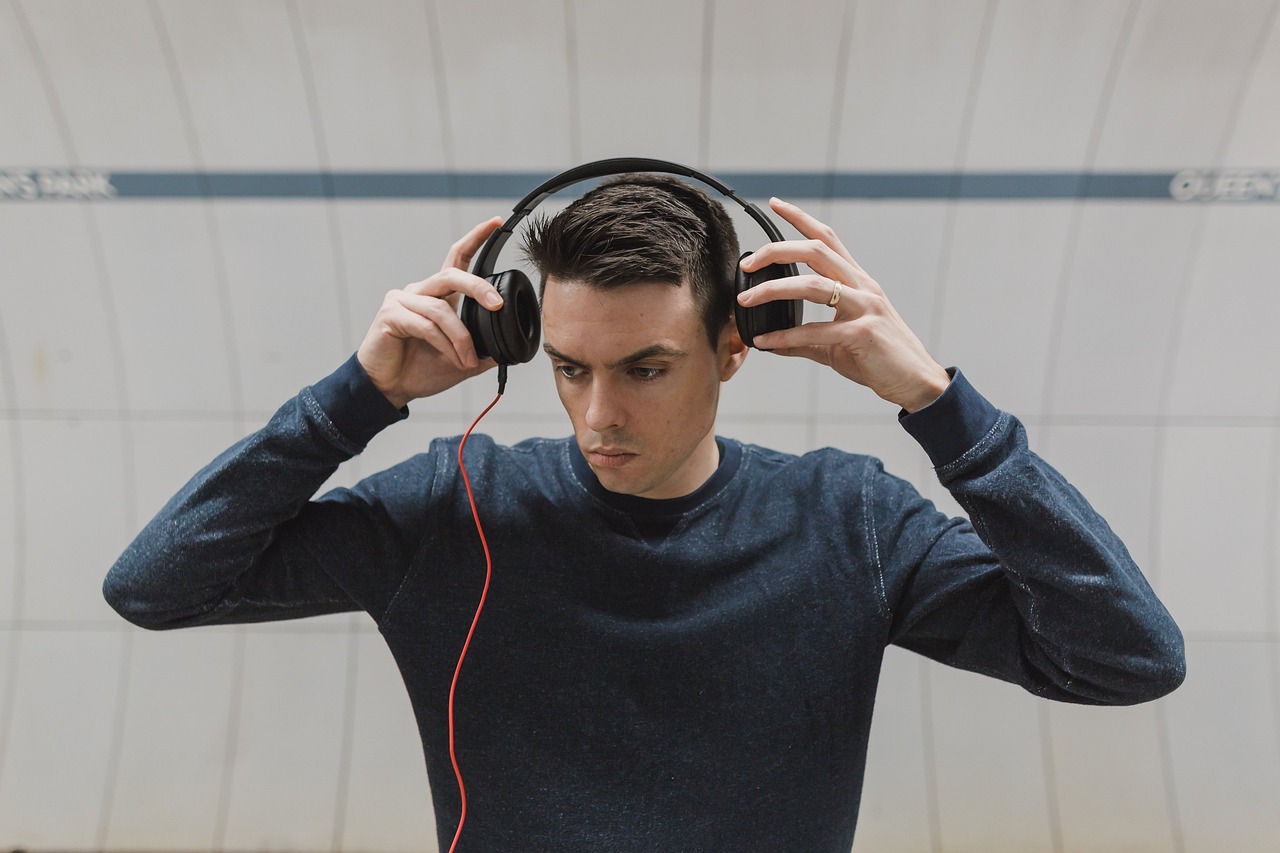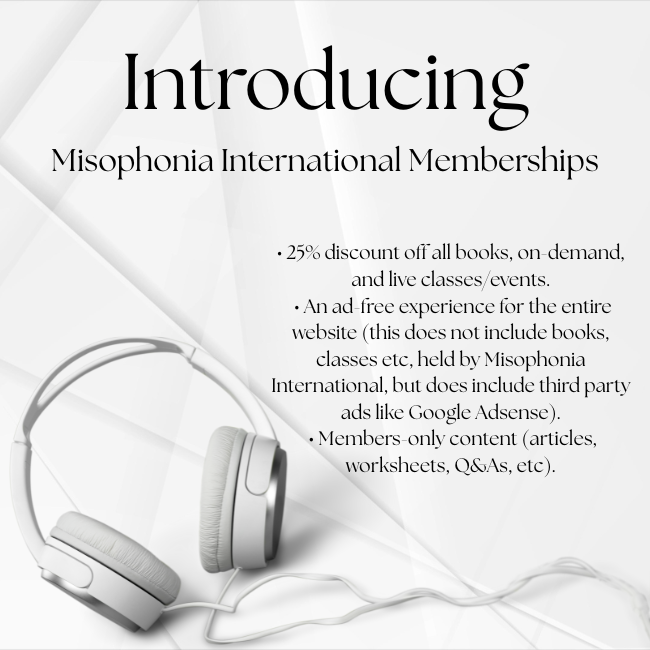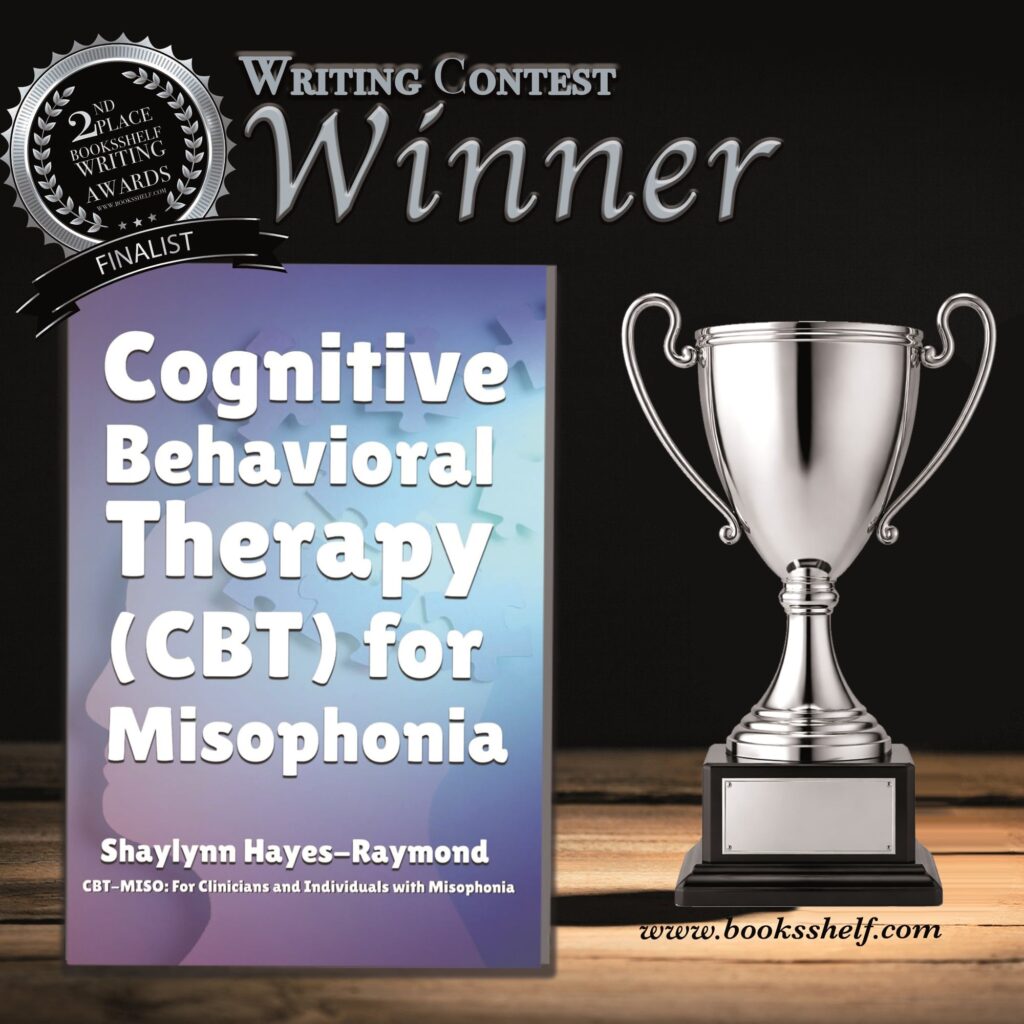
A Summary on “Misophonia: Awareness and Responsiveness Among Academics”
The paper is about a survey of undergraduate instructors from six state universities in Florida on their knowledge and experience with misophonia. Misophonia is a condition where certain sounds trigger negative emotional responses, such as anger, anxiety, or disgust. People with misophonia may find it difficult to concentrate, think, and learn in environments where their trigger sounds are present, such as classrooms. But the general population, including educators, is still not very aware of or knowledgeable about misophonia.
How aware and responsive are academics of this sound sensitivity disorder, and what can they do to help students with misophonia succeed in their courses?
In 2019, Porcaro, Alavi, Gollery, and Danesh conducted a survey of 686 undergraduate instructors from six state universities in Florida to learn more about their knowledge of misophonia, their personal experiences with the condition, and their willingness to make accommodations for students in the classroom. Just 18.4% of participants in the research claimed to be familiar with misophonia, and only 2.3% said that a student had asked for modifications in their course(s). When asked to define misophonia, the participants’ answers were divided into four categories: the correct definition, a somewhat correct definition, an incorrect definition, and no definition. Only 6.7% of the participants gave a complete definition of misophonia, 11.7% gave a partial explanation, 9.2% gave an inaccurate definition, and 72.4% did not give any definition at all.
A five-point Likert scale was used in the study to gauge participant agreement with ten assertions about misophonia. The questions covered the severity of the condition, its effect on academic performance, the instructor’s obligation to make adjustments for students with the condition, and the practicality of adopting such accommodations in the classroom. The study discovered that teachers with misophonia expertise were more likely than those without misophonia knowledge to concur that this condition should be addressed seriously. In comparison to instructors without experience with a student revelation of misophonia, those who had said they would be more ready to employ proctored tests as an accommodation, but there was no appreciable distinction.
“If it wasn’t for misophonia accommodation, I wouldn’t have graduated high school. I graduated, with not even a 1.5 GPA. If I didn’t have my accommodations, I would have been a drop out. If you care about kids at all, you would understand their needs and do something about it. If you don’t struggle with something, it is not your place to say what should be done with it. if I didn’t have misophonia at all, I wouldn’t have had any struggles graduating.” – Anonymous petition respondant
According to the study’s findings, there is a need for greater academic knowledge sharing on the subject of misophonia for both teachers and students. The authors recommended that instructors be aware of the symptoms and indicators of misophonia and that they should be accepting and helpful to students who disclose their illness. “Presently, misophonia has not yet been classified as a disorder, even though the description of this issue relates highly to several classified disorders (Schröder et al., 2013).”
They also advised teachers to think about making acceptable adjustments for students who have misophonia, such as enabling them to use earplugs, headphones, or white noise generators during lectures or tests or offering them different testing options or venues. Although the authors noted that such concessions might not be practical or suitable for every class or instructor, they underlined that even modest adjustments can have a significant impact on students with misophonia.
The study by Porcaro et al.1 is one of the few empirical studies on misophonia in the academic setting and offers important insights into the level of awareness and reactivity that academics now have. To better understand the incidence and effects of misophonia in students and educators, as well as the best methods and tactics for integrating students with misophonia in various settings and disciplines, additional study is still required.
“The ICF model provides a definition of disability as an umbrella term for impairments, activity limitations, and participation restrictions, whereas an impairment is a problem in body function or structure. Misophonia itself can be viewed as a disability.”
1: Porcaro et al., “Misophonia: Awareness and Responsiveness Among Academics”
Recently, a study came out claiming that misophonia may not be something that should be accommodated, if you disagree like we do, please sign the petition:








